Despite the explosion of available consumer data, many organizations fail to fully leverage data insights to boost customer centricity. Learn why it’s vital that companies leverage the potential of GenAI and AI tools, gaining insight into the strategic, operational, and culture shifts you’ll need to take to thrive amid the fast pace of change. Use Boston Consulting Group’s “Consumer Intelligence Maturity Matrix” (CIMM) to assess your stage of development when it comes to becoming truly customer-centric, and learn how to improve your data strategy, reshape your operating model, and upskill talent to unlock a competitive advantage.
Integrate the growing abundance of consumer data into your consumer intelligence strategy.
At every Amazon meeting, Jeff Bezos placed an empty chair at the boardroom table to serve as a symbolic reminder that the customer had “a seat at the table.” When you cultivate a deep understanding of your customer, you improve both decision-making and your go-to-market and customer experience, while demonstrating increased responsiveness to shifts in customer preferences. In fact, consumer-centric companies — those that prioritize the needs of the customers — typically see a 10% to 20% revenue growth increase, a 20% to 40% boost in brand advocacy, and a 15% to 25% cost savings benefit. Today, there’s a massive increase in available consumer data, as customers engage with brands across multiple channels and platforms. Yet many companies are failing to fully leverage the potential of the GenAI and AI tools that could give them the insights needed to become truly customer-centric.
Companies that build a better consumer intelligence strategy using AI and GenAI insights will see three key shifts: They’ll optimize task execution...
Lara Koslow, Ben DeStein, Gaby Barrios, and Elisia de Smet are professionals with Boston Consulting Group.



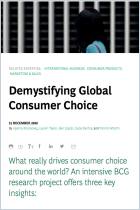

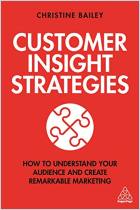
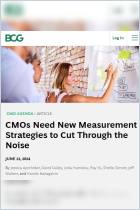
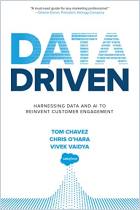
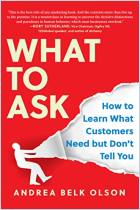
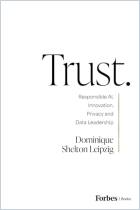
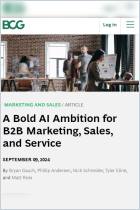






Comment on this summary